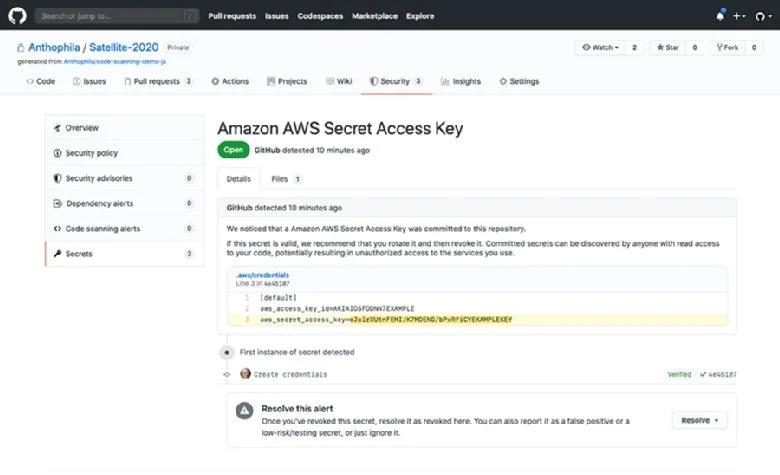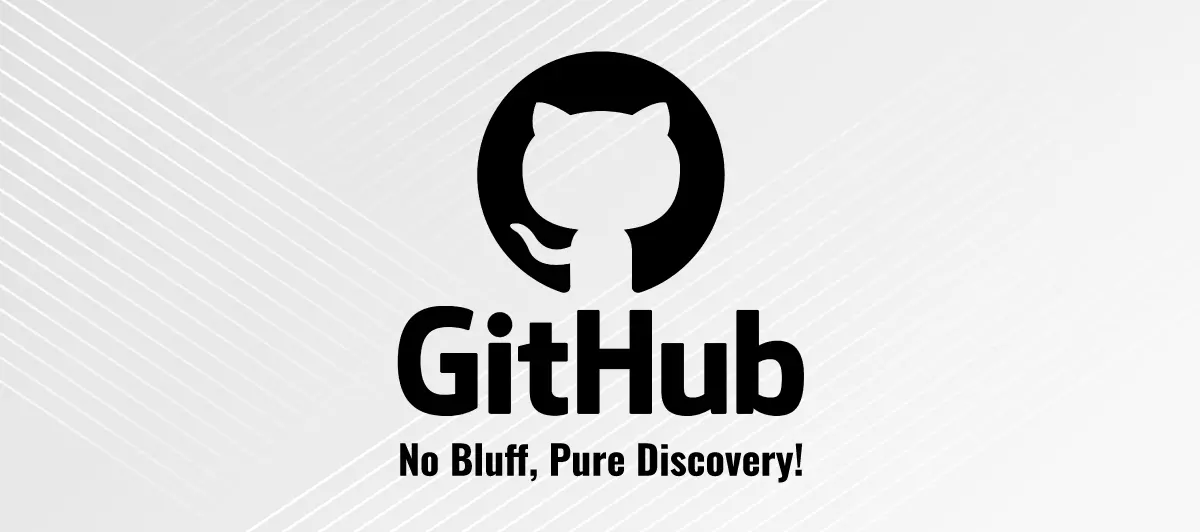GitHub Suffers No Bluffers In Search To Uncover and Discover
Quick Summary: This blog delves into GitHub and its vital features. By exploring Git functionalities, readers will gain insights into its role in collaborative coding version control, project management, and code quality enhancement.
Introduction
For software developers, GitHub is a version management and collaboration tool. Microsoft, GitHub’s largest donor, began a $7.5 billion acquisition in June 2018. With the help of Git, a code management system designed by Linus Torvalds to accelerate software development.
Git is a sophisticated tool for managing a project’s source code and keeping track of all changes made to it.
Many leading software development services employ Github as a crucial tool for project development. It helps developers to collaborate by giving them the tools they need to manage potentially contradictory modifications from various developers.
GitHub has released another technical preview. This time, it’s about improving the platform’s code search. Unsurprisingly, the code repository and version control experts at GitHub would like to make this feature more accessible in their core services, given how corporate search is now morphing into a platform function and an entity on its right.
According to the team, the preview provides an early peek at how it will make GitHub more user-friendly, which, of course, implies making it easier for engineers to browse and discover code. With clever ranking and a code-optimized index, it covers over five million of the most popular public repositories and the private repositories users have access to. Users can simply locate what they’re looking for. Its technical staff acknowledges that staying in a flow state is difficult for developers.
“You experience interruptions whenever you search up how to use a library, or when a test fails because your developer environment has deviated from CI, or when you need to know how an error message can occur.” “The more time it takes to resolve the interruption, the more context you lose,” explains Pavel Avgustinov, GitHub’s senior director of software engineering.

Evaluation of GitHub features for dev and project management
That’s no minor feat in a market saturated with proprietary and open-source tools and frameworks.
So, why get their foot in the door at most jobs? Do developers need the ability to work on Git? This tool combines Git’s version control properties with a community support hub for code repositories.

Favored GitHub features
On GitHub, you can keep track of your ongoing projects. By leveraging the Git universe developers can work on open-source and freelance projects, in case they wish to change companies. It brings together a community of collaborators who may examine and enhance existing development techniques and projects and contribute ideas. It is a developer support system based on the nature of version control repositories.
GitHub security features to tackle data exposures, vulnerabilities
To curb accidental data exposures in repositories, Git unveiled a new ‘secret’ scanning tool that examines public and private code repositories for sensitive data.
Two additional security services, code scanning, and “secret” scanning are available in beta from the cloud-based software development platform. The tools are part of Git’s ongoing effort to improve security, according to Grey Baker, director of product management. Acquiring the code-analysis vendor Semmle in September was a big deal.
“We’ve been doing a lot of work in security over the last few years,” Baker said. “Now we’re moving from making it easier to react to vulnerabilities to making it easier to prevent those vulnerabilities in the first place.”
Let’s take a look at the recent Uber example. The ride-sharing company heard about a critical security vulnerability through its bug bounty platform. After running GitHub’s Advanced Security code scanner (which it has already rolled out to some customers), the company’s security team found 11 instances of the vulnerability. Rob Fletcher, Uber’s head of application security, said in a press release the discovery resulted in “significant savings.”
Scanning for secrets
Since its introduction in 2018, it has been available to all public repositories under the name token scanning, but it has been redesigned to be available to private repositories as well. The tool searches for other files and confidential information in addition to possibly exposed authentication tokens. The features, according to Baker, were developed to prevent instances like AWS’s earlier this year accidental leak of secret encryption keys and customer passwords in a public Git project. While making Git repositories private can lessen exposures, he also stated that it does not eliminate leaks.

Conclusion
GitHub is good at finding information and learning new things. It does not fall for tricks when searching. Furthermore, its commitment to transparency and genuine exploration solidifies its reputation as an authentic and dependable platform for developers.

FAQ
What is GitHub?
It is a web-based platform that helps people collaborate on software projects. Furthermore, it provides tools for version control, tracking changes, and working together effectively in programming teams.
Explain GitHubs new features?
Its new features include improved code review tools, excellent security features, progressive project management capabilities, and seamless integration with various development workflows, facilitating more efficient and collaborative software development.
Explain GitHub enterprise features?
Git Enterprise offers excellent features for large-scale software development. It includes advanced security control, flexible deployment options, access to Git Actions, and personalized support to empower robust and efficient coding collaboration.
Is GitHub only for coding?
Nope. There are different types of projects on GitHub, as we mentioned above. The most common uses include team management, sharing resumes, finding new projects, tracking work, and hosting discussions.
What is the difference between Git and GitHub?
GitHub is the version control system that tracks code changes locally. Furthermore, it is a web-based platform using Git, offering collaboration tools, remote repositories, issue tracking, and project management for software development.







